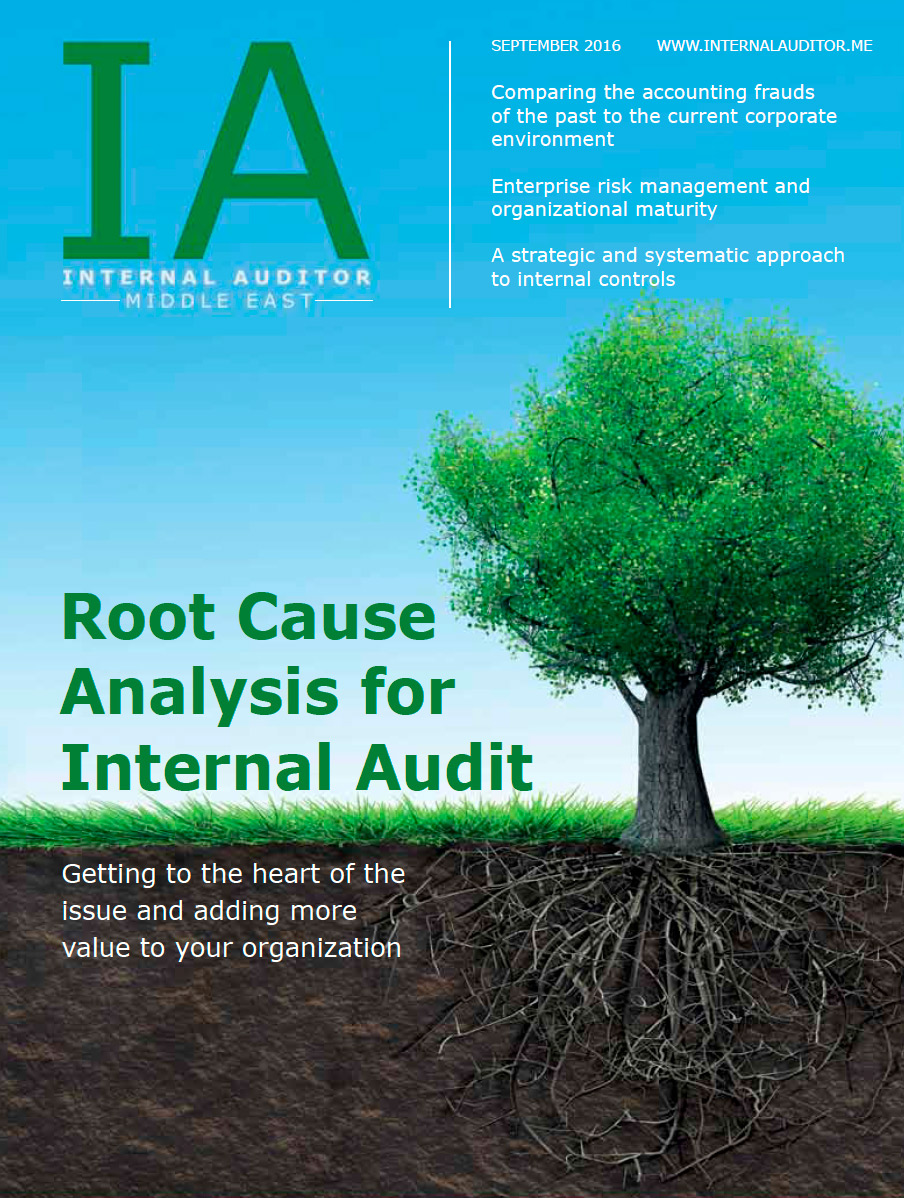A conversation between James Paterson and Liz Crede – March 2016
Liz, can you talk about the idea of a right culture?
In my opinion there is only a right culture if it has the right fit for your organisation, business and its strategy. What would be a good culture for one organisation may not be so for another, due to the fact that their context may be different.
An effective culture is one that ensures your organisation is achieving the results you want to achieve, both externally and internally – and in all areas. It’s not just about profit and return on investment. It is about achieving the right results in terms of human performance, people being engaged with their work, doing the work they want to do as well as delivering on innovation as well as robust risk management and accounting practises.
Can you expand in more detail on the idea of different contexts demanding a different organisational culture?
Let me share my experience from two different industries I have worked in. In the pharmaceuticals sector, part of their culture is for it to be process orientated and to think in longer-term time horizons because it takes a long time to find and develop new drugs. So the whole process of creativity and experimentation and longer time frames is necessitated by the business and should be part of the culture.
However, if you go and work in a retail environment you’ve got to make decisions about what to do tomorrow which might be different from what you did yesterday; the context demands very fast paced, very quick reactions, so that business imperative feeds through back into the whole organisation. You couldn’t have a pharmaceutical type culture in a retail organisation or a retail culture in a pharmaceuticals company. It just would not work because of the need for immediacy and response, with a fast paced turnaround of trying things, and getting results and building on that in a very quick time scale versus the need for a more deliberate approach.
Consequently a good culture in a retail context is one that would enable decision making at the customer facing end, where face to face with customers you need autonomy of decision making, and a culture that supports, that empowers people, to enable them to do that, which is very different from a culture in pharmaceuticals that needs to double check decisions before putting a new drug out into the market. This context has a very different risk profile and requires a different organisational culture. Continue Reading




